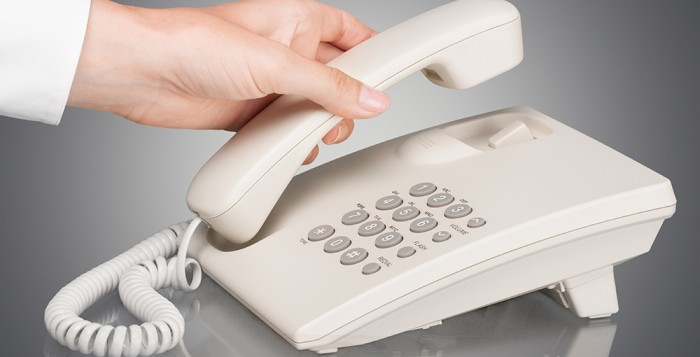FOR IMMEDIATE RELEASE
July 16, 2020
View Online
Harrisburg, PA – Today, Governor Tom Wolf announced the availability of $50 million in grant funding to help employers provide hazard pay to employees in life-sustaining occupations during the COVID-19 pandemic. Hazard pay is intended to keep front-line employees working in vital industry sectors across Pennsylvania.
“In the fight against COVID-19, our front-line workers have put themselves at risk every day in order to continue to provide life-sustaining services to their fellow Pennsylvanians, and this funding will increase their pay in recognition of those sacrifices,” said Gov. Wolf. “These grants will help businesses retain employees, ensure that Pennsylvanians keep working and avoid disruption of critical goods and services.”
Created through the federal Coronavirus Aid, Relief, and Economic Security (CARES) Act, this reimbursement-based grant is available to employers offering hazard pay during the eligible program period and will be administered by the Department of Community and Economic Development (DCED). Businesses may apply for grants up to a maximum of $3 million.
The following applicants are eligible to apply:
- Businesses
- Healthcare Non-profits
- Public Transportation Agencies
- Certified Economic Development Organizations (CEDO)
Eligible Pennsylvania-based industries include:
- Healthcare and Social Assistance
- Ambulatory Health Care Services
- Hospitals
- Nursing and Residential Care Facilities
- Transit and Ground Passenger Transportation
- Food Manufacturing
- Food Retail Facilities
- Security Services for eligible industries listed above and commercial industries that were not closed as a result of the Governor’s Business Closure Order
- Janitorial Services to Buildings and Dwellings
Grant funds may be used for hazard pay for direct, full-time and part-time employees earning less than $20/hour, excluding fringe benefits and overtime for the 10-week period from August 16, 2020, to October 24, 2020. Applicants may apply for up to $1,200 per eligible full-time equivalent (FTE) employee. Employers may apply for a grant to provide hazard pay for up to 500 eligible full-time equivalent employees per location.
Eligible applicants may apply for grants using the online DCED Electronic Single Application for Assistance located at www.esa.dced.state.pa.us from July 16, 2020, to July 31, 2020. Program inquiries may be directed to (717) 787-6245 or [email protected].
“An essential component of the spending plan we passed this spring was the use of available federal money to provide extra hazard pay for workers who are doing the most dangerous jobs,” said House Democratic Leader Frank Dermody (D- Allegheny, Westmoreland). “Today’s announcement shows we are serious about keeping that commitment and I urge all the employers who qualify for these grants to apply now.”
“Front-line workers in many workplaces have been praised during this pandemic, including thousands of transit workers who drive, clean and maintain our buses and trains,” said state Rep. Mike Carrol (D- Lackawanna, Luzerne), Democratic chairman of the House Transportation Committee. “They’ve earned more than just good words. They deserve better pay for the risky work that they are continuing to do every day.”
“This grant program will put $50 million in CARES Act dollars into the pockets of Pennsylvania’s lowest-paid front-line workers, who risked their families’ health and safety to keep us fed, care for our children and elderly, and help fellow front-line workers get to and from work,” said state Sen. Maria Collett (D- Bucks, Montgomery), Democratic chairwoman of the Senate Aging and Youth Committee. “I am especially glad to see that Governor Wolf and DCED considered my input and included actual risk and local prevalence of COVID as evaluation criteria.”
“Front-line essential workers are the backbone of our economy, and they have been working in dangerous, sometimes deadly, conditions. They are putting themselves and their families at risk from COVID-19 on a daily basis and their wages should reflect that risk,” said state Sen. Lindsey Williams (D-Allegheny), Democratic chairwoman of the Senate Community, Economic and Recreational Development Committee. “Many of these workers didn’t sign up for life-threatening work, so I’m pleased that the Hazard Pay Grant Program will assist employers in compensating them more fairly for the newfound dangers that they face.”
For the most up-to-date information on COVID-19, Pennsylvanians should follow https://www.pa.gov/guides/responding-to-covid-19/.
MEDIA CONTACTS: Lyndsay Kensinger, Governor’s Office, [email protected]
Casey Smith, DCED, [email protected]
# # #















